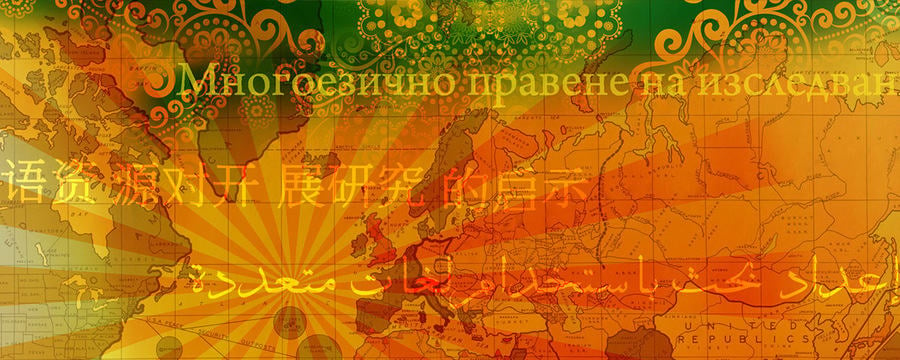Home / Language / Adult education / Multilingual Learning for a Globalised World / How do we defend the teaching of modern languages and cultures at universities
This article is from the free online
Multilingual Learning for a Globalised World


Reach your personal and professional goals
Unlock access to hundreds of expert online courses and degrees from top universities and educators to gain accredited qualifications and professional CV-building certificates.
Join over 18 million learners to launch, switch or build upon your career, all at your own pace, across a wide range of topic areas.



